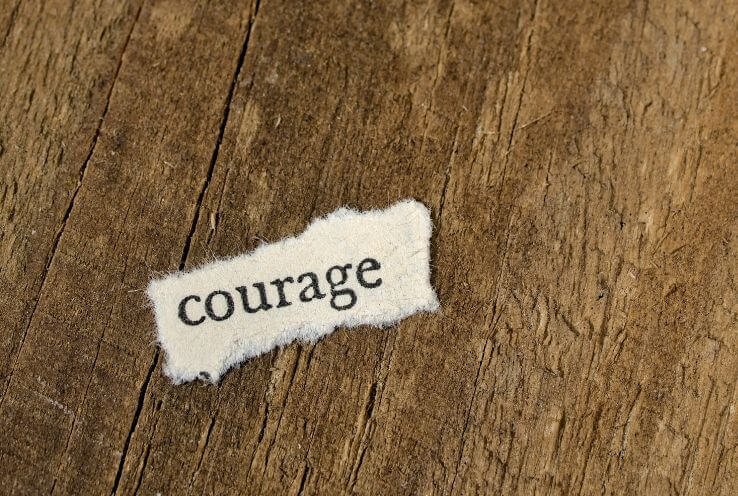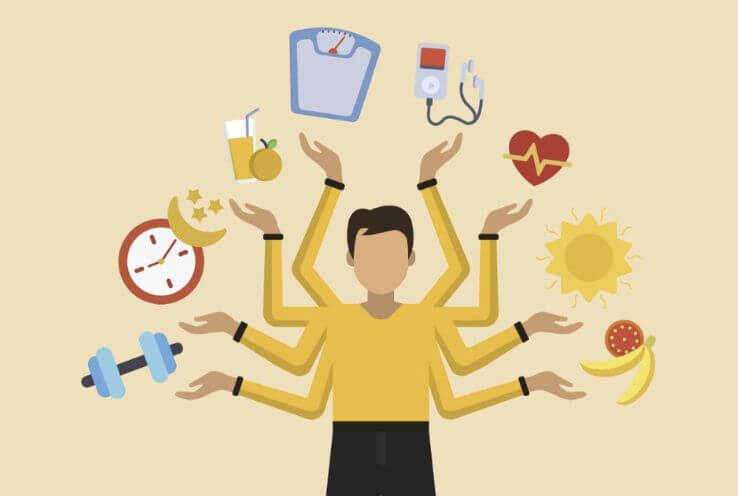Table of Contents
Normally, it takes time to change any habit or addiction, but if you change it, then it gives the right direction to your life. If you want to cut down on alcohol, then it is not easy, but it will change your life completely. The major benefit of leaving addiction is that it will make you healthy. In this article, you will learn how to stop smoking weed.
It is believed that weed is less harmful than other substances, but according to research, it has lots of negative side effects on your body.
It produces three times more tetrahydrocannabinol (THC), which makes you more intoxicated and addicted.
People over 18 years of age become more dependent on weed than other age groups. There are some people who think it is impossible to quit weed consumption. But if you have dedication and willingness, then you can quit weed.
Read more:- Health & Wellness | Fitness Tips & Nutrition- Readers Desire
Social Icons
Tips to Stop Smoking Weed
There are some tips that may help you to stop smoking weed:
1. Ask Yourself Why You Started Taking Weed

If you want to change your unhealthy habit of taking weed, then think first about why you started taking weed. The reason will help you change this unhealthy habit. Normally, people start smoking weed if they are suffering from depression, general anxiety, stress, social pressure, low appetite, sleep problems, etc.
But remember, smoking weed will provide temporary relief to the patient. Talk to the doctor so that they can suggest some effective solutions to deal with the problem. This will help you stop using marijuana.
2. Why Do You Want to Stop Taking Weed?

You should ask yourself why you want to stop taking weed; this will increase self-awareness, which in turn increases the chances of success. It might be that you start taking weed to relax your mind or to manage anxiety, but this habit changes your life.
This habit has a bad effect on your relationships, affects your memory or concentration, decreases your interest in self-care, and also reduces your interest in your favorite hobby.
3. Tapering Your Use of Weed

When you decide to quit weed, you have to taper your use of the drug. This means slowly reducing the dosage of the drug over a period of time. It is because the person’s body becomes used to consuming the lower levels of the substance and also because they do not face the side effects of minimizing the drug.
To improve your chances of success, you should give yourself a deadline. You should pick a date when you want to quit smoking. Use a tapering strategy in order to cut off a certain amount of medication each day or each week.
4. Prepare Yourself for Symptoms

After taking the decision, you should familiarize yourself with the symptoms that you will face after you give up the drug. By this way, you are mentally preparing yourself to deal with it.
The symptoms which you might experience after quitting weed are aggression, anxiety, appetite changes, headache, craving, depression, sleep issues, weight loss, etc.
Normally, people experience these symptoms for around one to two weeks. If these symptoms continue for a long time, then consult your healthcare provider for solutions.
5. Avoid Triggers

Remember, triggers can have a great impact on your decision. These triggers can lead to an increase in your craving for weed. You will see people who have the same habits, places, and activities as you.
To avoid these triggers, you should get rid of marijuana bowls, bongs, lighters, vape pens, and rolling papers.
Also, you should stop hanging out with those people who smoke weed. This is because if you spend all your day with these types of people, then sooner or later you will again smoke weed.
6. Start Doing Exercise and Caring for Yourself

If you are quitting weed, then doing regular exercise will help you a lot. This will satisfy your weed craving while also making you feel better and more energized. It will also help to regulate stress and reduce withdrawal symptoms.
You should care for yourself by eating a healthy diet and getting enough rest. If you are stressed, then try deep breathing or some muscle relaxation techniques. You should practice mindfulness, focus on the present moment, and try to have a strong sense of self-awareness.
7. Overcome With Craving

Sometimes it is difficult to resist the cravings for weed. So, if a craving occurs, distract yourself. You should move away from triggers. In this situation, you should talk to a supportive person.
You can call your friend or a family member who will encourage you to quit weed. Or, you can go for a walk. Try to take N-acetyl cysteine (NAC), which is an antioxidant that protects cells.
8. Keep Yourself Busy

Always remember, boredom is a culprit if you are trying to quit weed. So, you should keep yourself busy as much as possible. You can do some enjoyable activities that will keep you busy.
You should create a new routine for yourself to break your habit of smoking. Try to change your place. This will make you stress-free. Changing environments will give you a more positive approach.
The Right Time to Stop Smoking Weed
If you feel that smoking weed has become a problem and it has a negative impact on your social life, career, finances, and physical health, and you are becoming dependent on drugs, Then, this is the right time to quit smoking weed because your health and life are more important than having an unhealthy habit.
Conclusion of How to Stop Smoking Weed
In this article, you will learn the tips to stop smoking weed, which will help you get rid of this unhealthy habit. At all times, maintain a positive attitude toward your goal at all times.
Talking to a doctor or therapist will also help you set your goals. While practising to quit weed, it is very important that you care for yourself.
